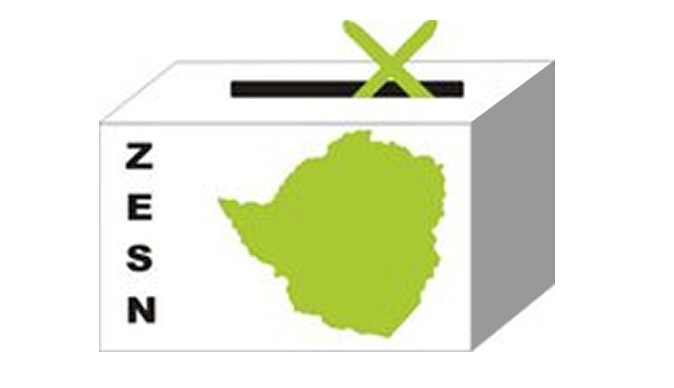Electoral watchdog, the Zimbabwe Election Support Network (Zesn) welcomes the promulgation of Statutory Instrument (SI) 2 of 2022, proclaiming a date for the holding of by-elections to fill in vacancies in wards and constituencies.
The holding of by-elections was indefinitely suspended as a means to curb the Covid-19 pandemic through SI 225A of 2020.
In accordance with the law, by-elections should take place not more than 90 days after the seats fall vacant.
While the move came rather late, allowing the electorate an opportunity to exercise their democratic right and to be represented is commendable.
However, Zesn is concerned about legal provisions relating to the timing of the closing of voters’ rolls ahead of elections. It is understandable that the voters’ roll has to be closed early enough to ensure ample time for inspection so that candidates can be nominated by registered voters.
Nevertheless, this may disenfranchise some potential voters. The threat of disenfranchisement is more in relation to local authority by-elections in which the voters’ roll closes with the occurrence of the vacancy.
In comparison, for National Assembly by-elections, according to section 26A of the Electoral Act, the voters’ roll closes two days after the proclamation of the election date by the President.
The legal provision on the voters’ roll means that while people may register to vote now after proclamation, their participation will only be significant for the pending delimitation of electoral boundaries and for the 2023 harmonized elections.
In the case of the upcoming by-elections, the threat is exacerbated by the fact that owing to COVID-19 restrictions and the indefinite suspension of by-elections through SI 225A of 2020, and the attendant uncertainty, many potential voters may not have registered to vote by the time the proclamation was made.
Zesn also noted concerns raised by some stakeholders in relation to 2021 registration statistics recently shared by ZEC.
It is Zesn’s view that the statistics 2 591 are an indication that few people were able to register in continuous voter registration process in the last three years and again this can be attributed to a number of factors including COVID-19 restrictions, lack of resources to travel to ZEC provincial and district offices to register.
Zesn implores the government through the Justice Ministry and the Election Management Board to reconsider the provisions on the closure of the voters’ roll for both Local Authority and National Assembly in light of the Statutory Instrument which quarantined democratic rights of citizens for almost 2 years.
“In view of the above, the Network calls upon the government and ZEC to consider a special voter registration exercise, such as a blitz, particularly targeting wards and constituencies where by-elections are due to be held so as to enfranchise as many potential voters as possible, who may not have had the opportunity to register earlier.
“As such, the legal provisions relating to the closing of the voters’ rolls would have to be waived in this ‘special arrangement’.
“This would have to be followed by widely conducted voter education to accurately and adequately inform the electorate.
“To allay fears of the suspected underreporting of registration statistics, ZEC should consider pursuing an open data policy and share disaggregated statistics and, importantly, allow adequate time; as many channels as possible; and allow for the timeous inspection of the voters’ roll that is also widely publicised,” Zesn said in a statement.
Zesn seeks to be catalyst in promoting democratic elections in Zimbabwe.


